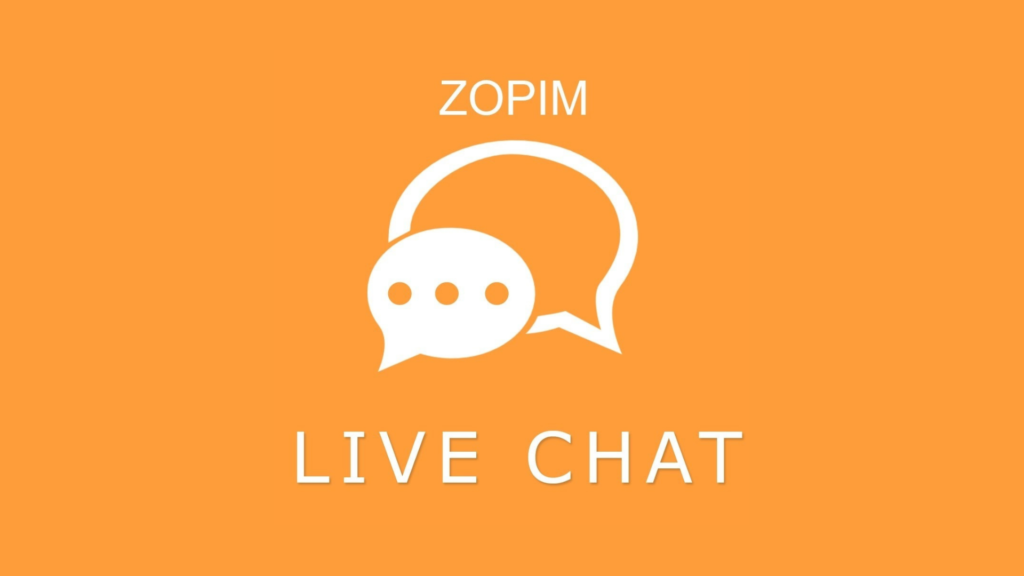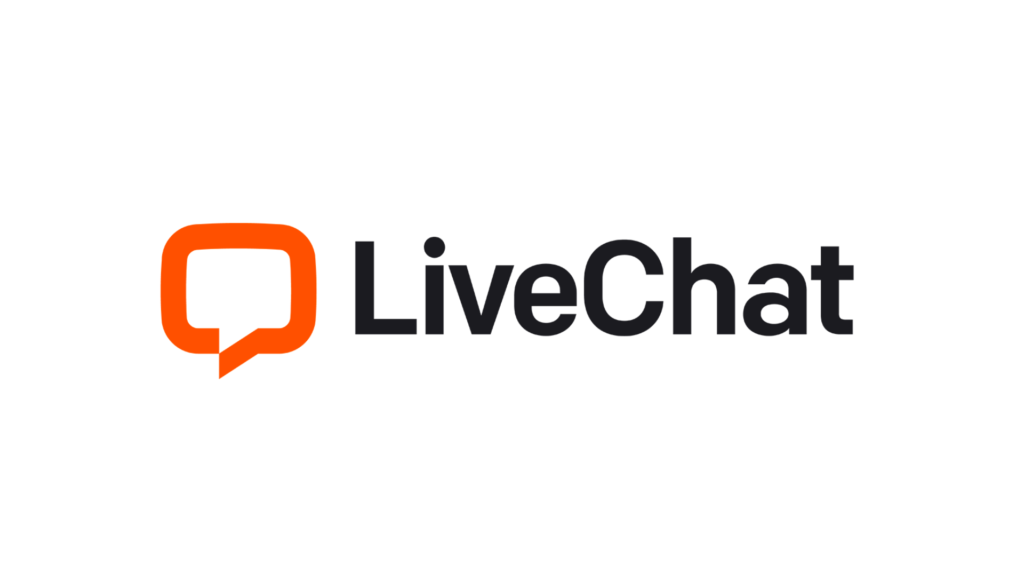
Crisp Chat Event Listener
How to track Crisp Chat Interaction with google tag manager
You can use Google Tag Manager and this event listener script to push Crisp chat interactions data to your analytics (Google Analytics, Piwik Pro, Mixpanel, etc.)
These event listener code helps emit DataLayer events with relevant chat information when users interact with your embedded Crisp chat widget or helpdesk.
These events are;
- Chat initiated
- Chat widget opened and closed
- Message sent and received
- Capture user email
- Queried Crisp helpdesk
To measure Crisp interactions and conversions, you have to copy the event listener, then create a custom HTML tag in GTM where you’ll paste the code.
Add a pageview or DOM ready (recommended) trigger to the custom HTML tag you created.
💡 Pro Tip: fire on DOM ready if you implemented the Crisp chat widget through GTM).
The next step is to create a custom event trigger with the event name [CrispInteractions] that happens for every Crisp Chat interaction.
You can streamline your event to fire for specific Crisp interactions by creating dataLayer variables that return the value of what Crisp interaction occurred.
[chatAction] –> tells us what Crisp interaction happended, start a chat, chat widget opened, etc.
[CrispSessionID] –> gives the Crisp session ID
[CrispEmail] –> The user email if they have submitted it before
[CrispPhone] –> the user phone number
To push these data to your analytics or marketing platform, you’ll have to connect your marketing tag/pixels to the generic or specific trigger, depending on your needs.
Having these data in your analytics, you’ll be to make analyses such as;
- How often do users interact with your Crisp chat widget
- How many complete a chat after initiating one
- What’s the impact on your business KPIs such as conversions, etc.
- Build a funnel starting with opening a Crisp chat, etc.
<script type="text/javascript">
$crisp.push(["on", "chat:initiated", function(event){
dataLayer.push({
'event': 'CrispInteractions',
'chatAction': 'chat initiated',
'CrispSessionID': $crisp.get("session:identifier"),
'CrispEmail': $crisp.get("user:email"),
'CrispPhone': $crisp.get("user:phone")
});
}]);
$crisp.push(["on", "chat:opened", function(event){
dataLayer.push({
'event': 'CrispInteractions',
'chatAction': 'chat opened',
'CrispSessionID': $crisp.get("session:identifier"),
'CrispEmail': $crisp.get("user:email"),
'CrispPhone': $crisp.get("user:phone")
});
}]);
$crisp.push(["on", "chat:closed", function(event){
dataLayer.push({
'event': 'CrispInteractions',
'chatAction': 'chat closed',
'CrispSessionID': $crisp.get("session:identifier"),
'CrispEmail': $crisp.get("user:email"),
'CrispPhone': $crisp.get("user:phone")
});
}]);
$crisp.push(["on", "message:sent", function(event){
dataLayer.push({
'event': 'CrispInteractions',
'chatAction': 'message sent',
'CrispSessionID': $crisp.get("session:identifier"),
'CrispEmail': $crisp.get("user:email"),
'CrispPhone': $crisp.get("user:phone")
});
}]);
$crisp.push(["on", "message:received", function(event){
dataLayer.push({
'event': 'CrispInteractions',
'chatAction': 'message received',
'CrispSessionID': $crisp.get("session:identifier"),
'CrispEmail': $crisp.get("user:email"),
'CrispPhone': $crisp.get("user:phone")
});
}]);
$crisp.push(["on", "user:email:changed", function(event){
dataLayer.push({
'event': 'CrispInteractions',
'chatAction': 'visitor email added',
'CrispSessionID': $crisp.get("session:identifier"),
'CrispEmail': $crisp.get("user:email"),
'CrispPhone': $crisp.get("user:phone")
});
}]);
$crisp.push(["on", "helpdesk:queried", function(event){
dataLayer.push({
'event': 'CrispInteractions',
'chatAction': 'Helpdesk Queried'
});
}]);
</script>
Video of how to use the listener

Related Event Listener

Zopim Chat

Pure Chat Chat

Live Chat

